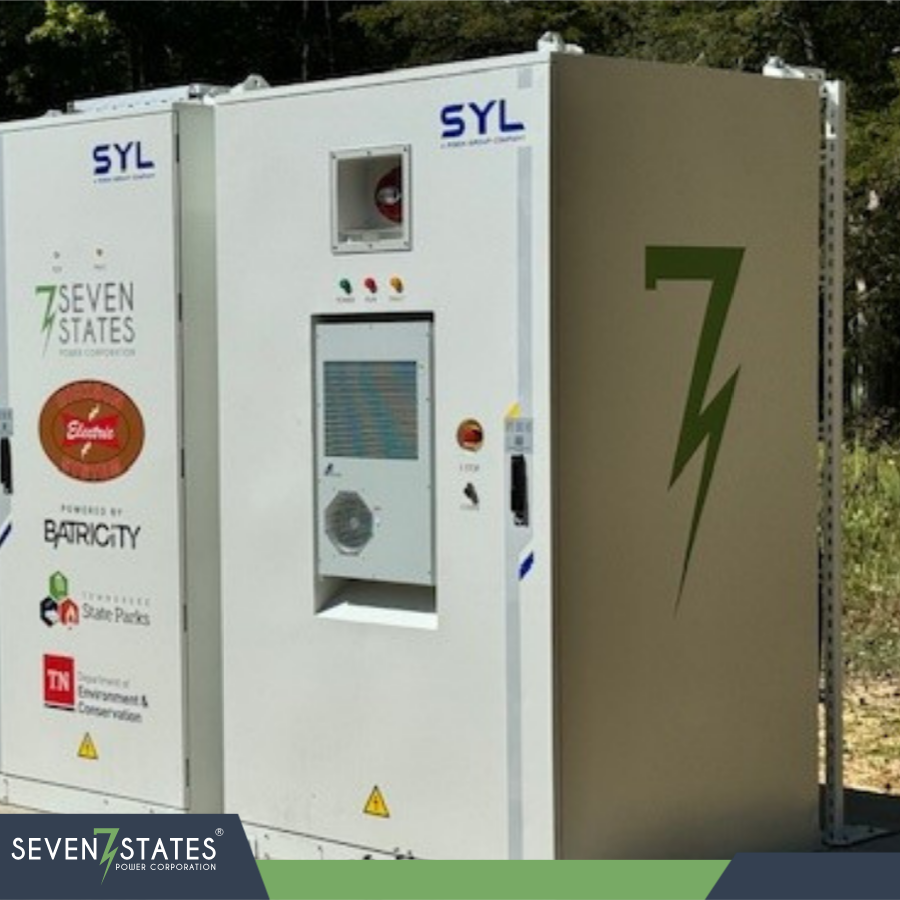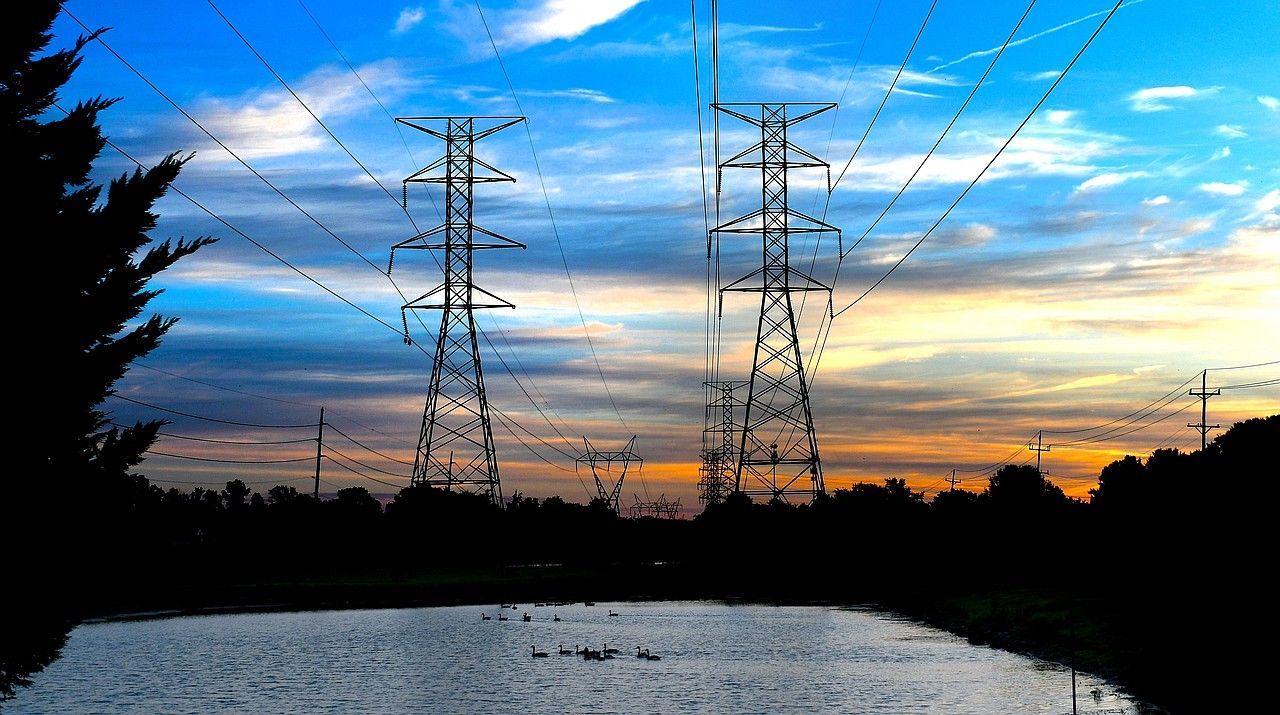
Over the past two months, Seven States Power Corporation has welcomed three new team members, doubling its size over the past year to better support and serve its member-owners, the 153 local power companies in the Tennessee Valley. Lance Irwin, Marleen Hamilton, and Joe Knox join the organization less than one year after Seven States launched as an independent organization, now growing the team to seven who will support member technology projects.
“We could not be more excited to welcome Lance, Marleen, and Joe to our growing team,” said Betsey Kirk McCall, President and CEO of Seven States Power Corporation. “As we have defined our brand and built out a portfolio of projects over the past year, we have been blown away by the need for our services. The substantial growth we are experiencing affirms the decision our board made less than a year ago to launch Seven States as an independent organization. By growing our team, Seven States will be better positioned to support the number of projects across the Valley as we continue to serve as the ‘easy button’ for our member-owners.”
Lance Irwin will serve as Vice President of Research and Portfolio Optimization. He joins Seven States from the Electric Power Board (EPB) of Chattanooga, where he most recently served as Director of Energy Solutions Technology. After graduating from the University of Tennessee, Knoxville, with a degree in electrical and computer engineering, Irwin began his career at EPB as Engineer and Meter Department Manager before ultimately becoming the Director of Global Utility and Renewables Market Strategy at Schneider Electric, a multinational company providing energy and automation digital solutions. After a six year stint with Schneider, Irwin returned to the electric utility industry and EPB in 2018.
“Through my role at EPB, I was able to work firsthand with Seven States and am excited about the role the cooperative is playing as we move the Tennessee Valley forward,” said Lance Irwin, Vice President of Research and Portfolio Optimization. “I am eager to get to work.”
Marleen Hamilton will serve as Director of Finance and Accounting. With more than 26 years of corporate accounting experience with both for profit and not for profit organizations, Hamilton is uniquely positioned to lead finance efforts for Seven States. Most recently, she oversaw day-to-day operations for 19 separate entities, with experience in budgeting, cash management, compliance, accounts payable, accounts receivable, balance sheet reconciliations, and audits.
“I could not be more excited to join the Seven States team during this time of explosive growth,” said Marleen Hamilton, Director of Finance and Accounting. “The energy and excitement around the innovative work being done here is palpable, and I look forward to helping the team fulfill its mission as we continue to best serve our member-owners across the Tennessee Valley.”
Licensed professional engineer Joe Knox joins Seven States as Director of Technology Deployment from Knox Consulting Services, a consulting business he started in 2015 to provide technical services to a wide range of clients. His extensive engineering and project management experience will be invaluable as Seven States continues to partner with local power companies to meet the growing demand for technology in the Valley.
“With my extensive background in electrical systems and vehicle fueling technologies, combined with my engineering experience, I am excited to serve local power companies in the Tennessee Valley and assist the team as we execute on the vision for Seven States,” said Joe Knox, Director of Technology Deployment.





